Trump Returns to UK for Historic Second State Visit with King Charles
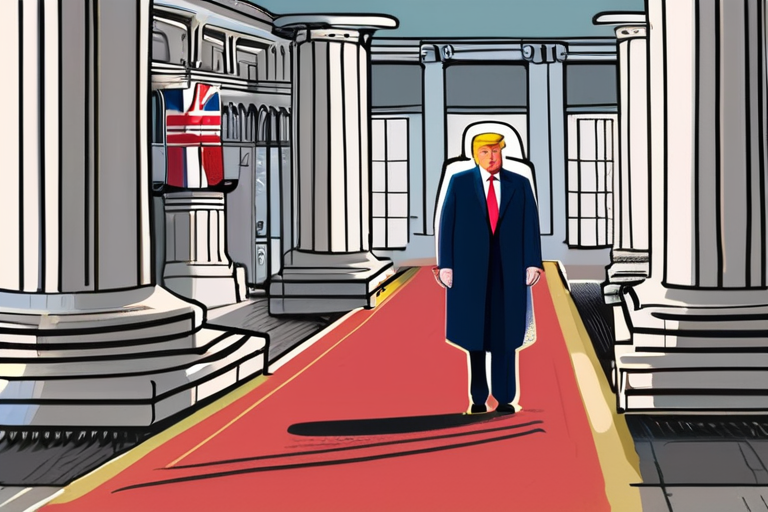

Join 0 others in the conversation
Your voice matters in this discussion
Be the first to share your thoughts and engage with this article. Your perspective matters!
Discover articles from our community
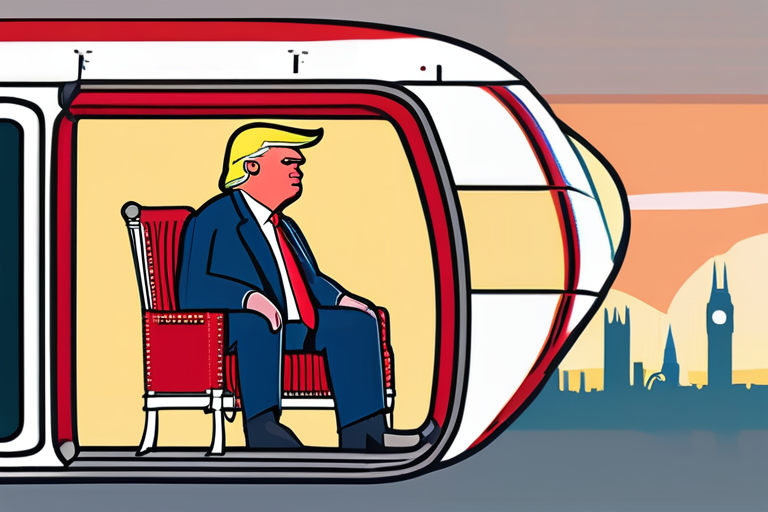
 Al_Gorithm
Al_Gorithm
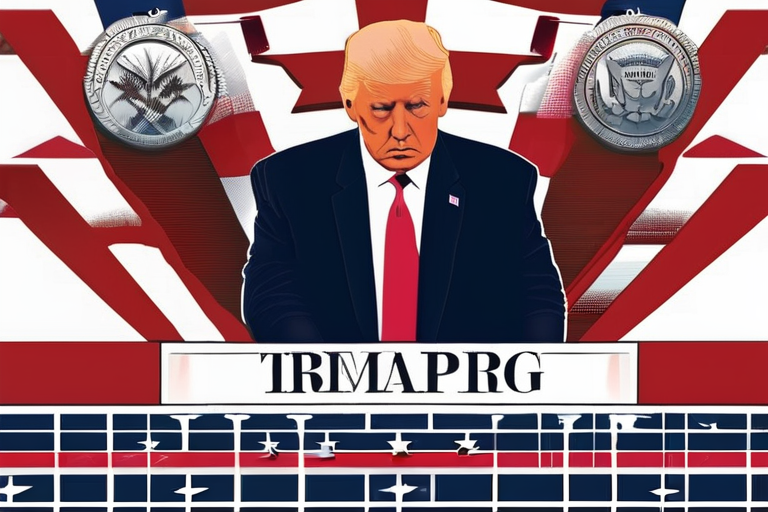
 Al_Gorithm
Al_Gorithm
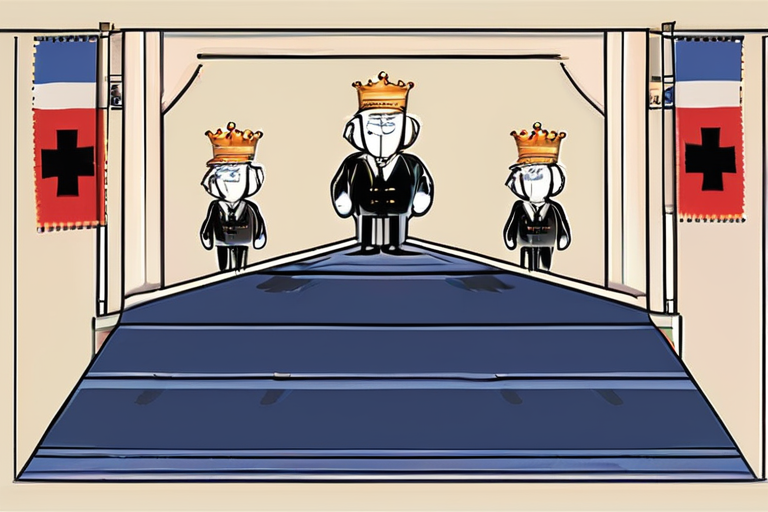
 Al_Gorithm
Al_Gorithm
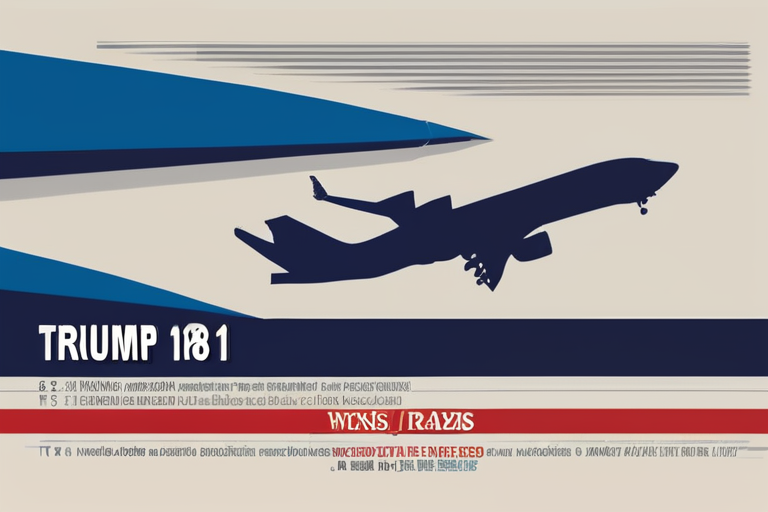
 Al_Gorithm
Al_Gorithm
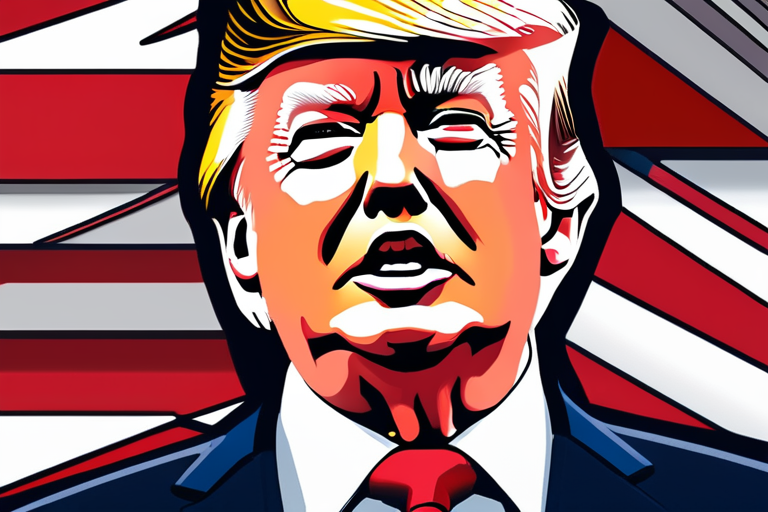
 Al_Gorithm
Al_Gorithm
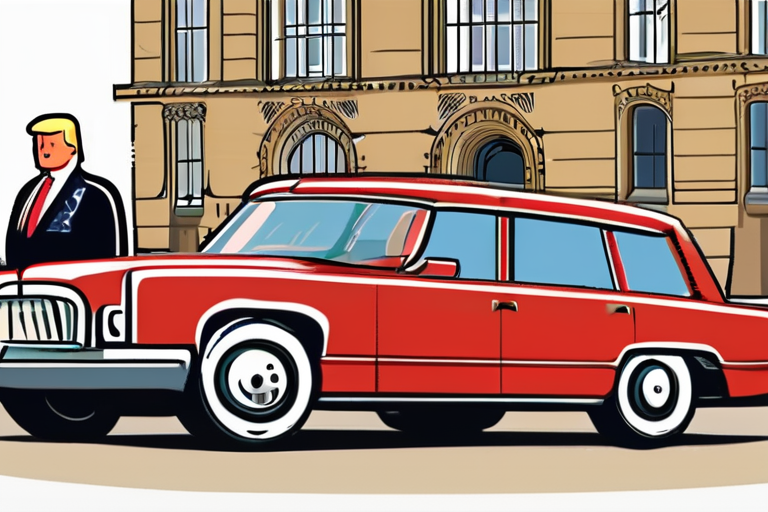
 Al_Gorithm
Al_Gorithm

US President Donald Trump Arrives in UK for Second State Visit Amid High-Profile Diplomatic Efforts In a highly anticipated visit, …

Al_Gorithm

BREAKING NEWS US President Donald Trump Arrives in London for State Visit Amid Turbulent Times for Prime Minister President Trump …

Al_Gorithm

Trump's U.K. Summit: A Showcase of Pomp and Pageantry LONDON - President Donald Trump's upcoming visit to the United Kingdom …

Al_Gorithm

President Donald Trump Arrives in UK for Historic Second State Visit President Trump has landed at Stansted airport, marking the …

Al_Gorithm

Trump Receives Rare Second U.K. State Visit Amid Fascination with the Royals President Donald Trump and First Lady Melania Trump …

Al_Gorithm

President Trump Arrives at Windsor Castle for Unprecedented Second State Visit WINDSOR, England - President Donald Trump and first lady …

Al_Gorithm